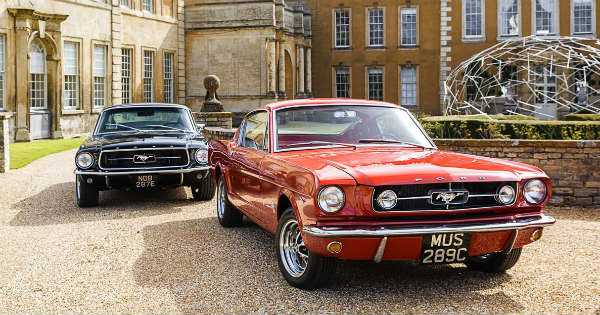Used cars almost always cost less than new ones, with those new vehicles losing significant amounts of value as soon as they are driven off the lot. Buying and driving a used car can make excellent sense, but it can also require some compromises. A quick look at three of the most significant pros and cons that come with driving a used car follows.

Pro #1: You’ll Probably Save Money
Many used cars are quite reliable despite costing far less than new ones. Take a used car to a garage-like Telle Tire for an inspection before buying it and you can be certain that it will be worth the asking price.
That inspection alone can make a used car worth buying and driving, as many people have discovered. The average age of a passenger vehicle has been rising for many years, largely for this reason. Even cars ten or fifteen years old often prove quite reliable to their second, third, or subsequent owners.
Con #1: You Might Spend More Than You Planned
While a used car can be truly trustworthy, there is no getting around the fact that age and deterioration are closely related. Even a used vehicle that does not present problems when purchased can end up needing costly work a bit further down the road.
Unfortunately, some of the kinds of problems that older cars most often succumb to tend to be very costly to fix. Rebuilding an engine or replacing a transmission, for instance, can easily cost as much as a down payment on a new vehicle.
Pro #2: You Can Avoid Buying a Lemon
When particular vehicles are new, their reliability is always something of an open question. This is especially true of all-new designs that have not yet amassed track records that can be investigated.
Each year, many buyers of new cars end up with lemons that develop problem after problem. While manufacturers will sometimes address the most egregious problems with recalls, repair programs, or rebates, relief is not always forthcoming.
People who shop for used cars can focus on model years that have proven to be trustworthy. Being able to look into the history of a vehicle can be invaluable.
Con #2: Old Cars Have Less Life in Them
Just about every vehicle will eventually reach a point where retiring it for good makes more sense than repairing it. Buy an old-enough car and you might have only a few years of service to look forward to. While that can still make sense if the price is low enough, it is an issue that will normally not be pressing for buyers of new cars.
Pro #3: You Might Not Need a Loan
Many people today struggle with paying their bills, and adding a car payment to the monthly total will never make things easier. Car payments often lag behind only mortgages and rent with regard to how much financial stress they impose.
Being able to do without a loan can make buying a used car the best choice by far. Plenty of personal finance experts now recommend this option to most people.
Con #3: You Might Need to Pay Cash
Banks and other lenders tend to be less enthusiastic about financing used cars than new ones. If you decide to buy a car more than a few years old, it might be virtually impossible to arrange financing.
That does not necessarily need to be a deal-breaker, particularly given that older cars are often quite affordable. In some cases, though, the purchase of a new car will be easier to accommodate because of the readier availability of financing.
Every Situation is Unique
As should be clear, there are good reasons to buy a used car and equally compelling reasons to stick to new vehicles. Thinking about how these pros and cons play out in the context of your own goals and situation should reveal the right answer.

